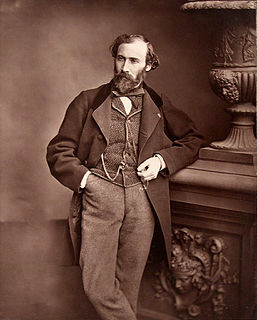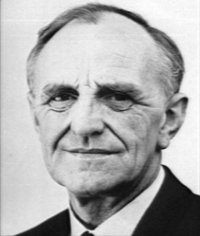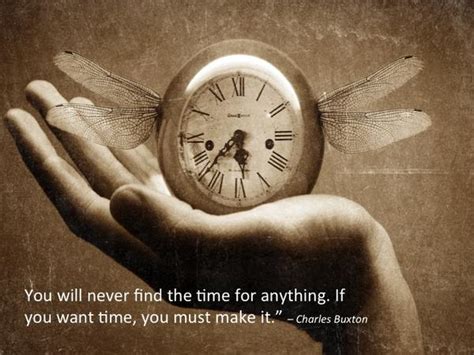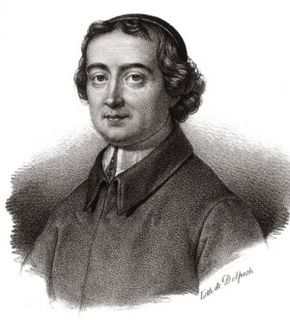A Quote by Octave Feuillet
Providence has so ordained it, that only two women have a true interest in the happiness of a man--his own mother, and the mother of his children. Besides these two legitimate kinds of love, there is nothing between the two creatures except vain excitement, painful and vain delusion.
Related Quotes
The mother gazes at the baby in her arms, and the baby gazes at his mother's face and finds himself therein... provided that the mother is really looking at the unique, small, helpless being and not projecting her own expectations, fears, and plans for the child. In that case, the child would find not himself in his mother's face, but rather the mother's own projections. This child would remain without a mirror, and for the rest of his life would be seeking this mirror in vain.
Even his highly emotional Italian mother didn't believe that true love could blossom overnight. Like his brothers and sisters-in-law, she wanted nothing more for him than to marry and start a family, but if he showed up at her doorstep and said that he'd met someone two days ago and knew she was the one for him, his mother would smack him with a broom, curse in Italian, and drag him to church, sure that he had some serious sins that needed confessing.
Man is not by any means of fixed and enduring form (this, in spite of suspicions to the contrary on the part of their wise men, was the ideal of the ancients). He is nothing else than the narrow and perilous bridge between nature and spirit. His innermost destiny drives him on to the spirit and to God. His innermost longing draws him back to nature, the mother. Between the two forces his life hangs tremulous and irresolute.
Doesn't it make you wonder about your own sexual identity, not to mention your sanity, that the two women you love are, respectively, a virtual woman existing only in the transient ansible connections between computers and a woman whose soul is in fact that of a man who is the husband of your mother?
I shall look for whatever success may attend my public service; and knowing that "except the Lord keep the city the watchman waketh but in vain," with fervent supplications for His favor, to His overruling providence I commit with humble but fearless confidence my own fate and the future destinies of my country.
In one family, all goes by two and two. If a member of it has any interest, he or she will confide it to some one other; but the rest know nothing. In another family, all feel what touches one; nothing is kept dark from the father and mother, brothers and sisters--all share. This family habit is by far the better, it strengthens the tie between the members, and makes the home one home.
For the next fifty years this alone shall be our keynote - this, our great Mother India. Let all other vain gods disappear for the time from our minds. This is the only god that is awake, our own race - "everywhere his hands, everywhere his feet, everywhere his ears, he covers everything." All other gods are sleeping. What vain gods shall we go after and yet cannot worship the god that we see all round us, the Virât? When we have worshiped this, we shall be able to worship all other gods.
Though we cannot understand "the meaning of all things," we do "know that God loveth his children" because He has said, "Behold, this is my work and my glory-to bring to pass the immortality and eternal life of man." Heavenly Father is able to accomplish these two great goals-the immortality and eternal life of man-because He is a God of creation and compassion. Creating and being compassionate are two objectives that contribute to our Heavenly Father's perfect happiness. Creating and being compassionate are two activities that we as His spirit children can and should emulate.






































